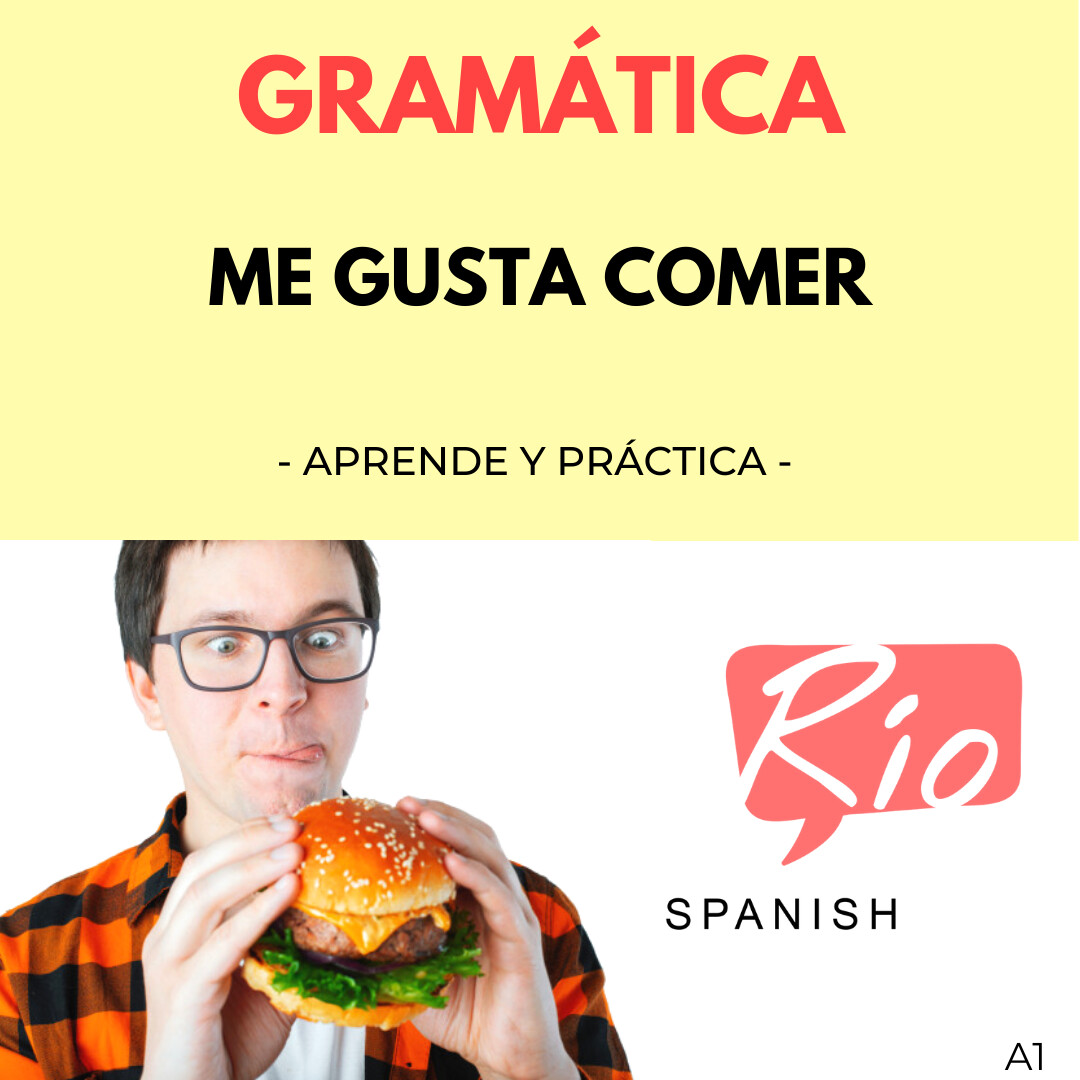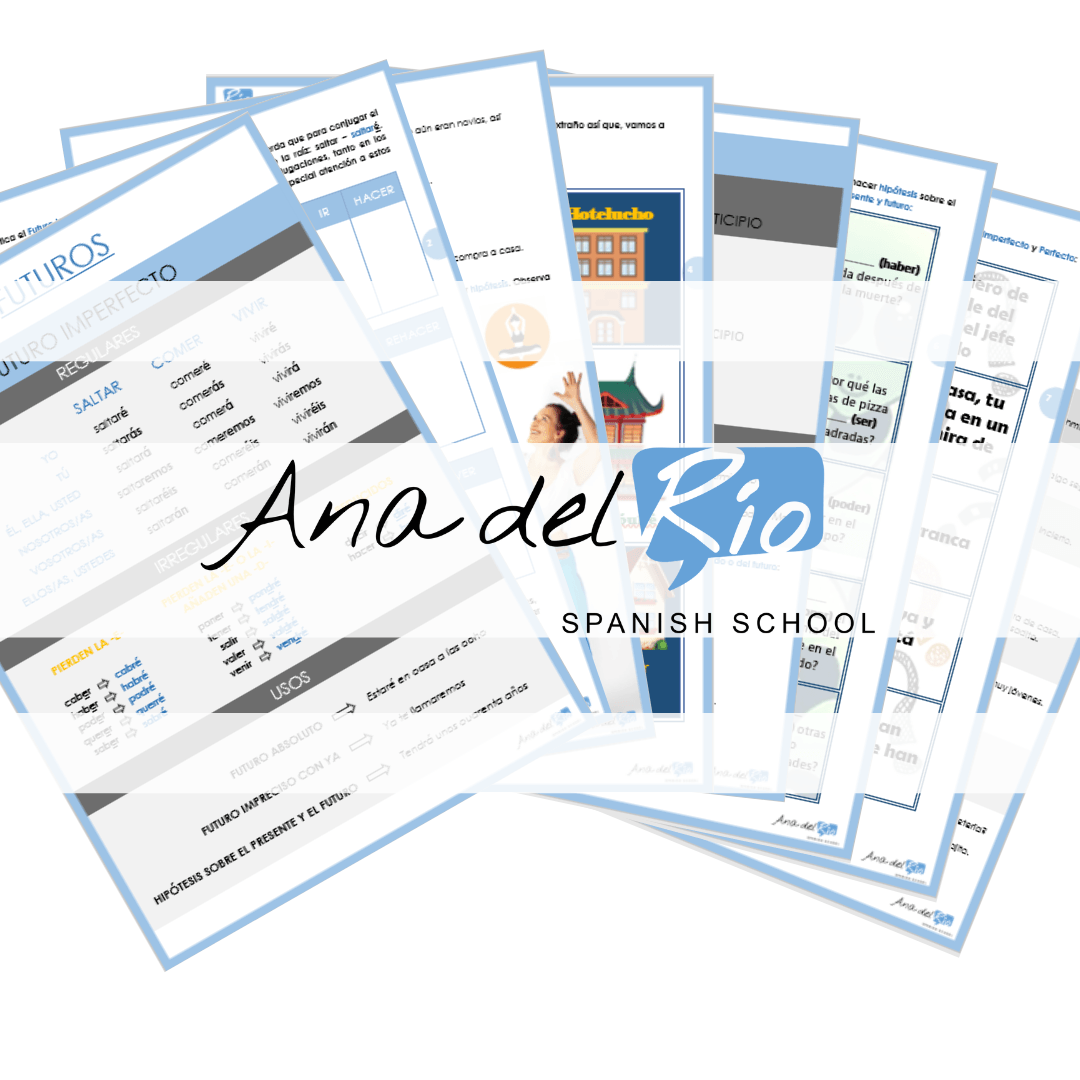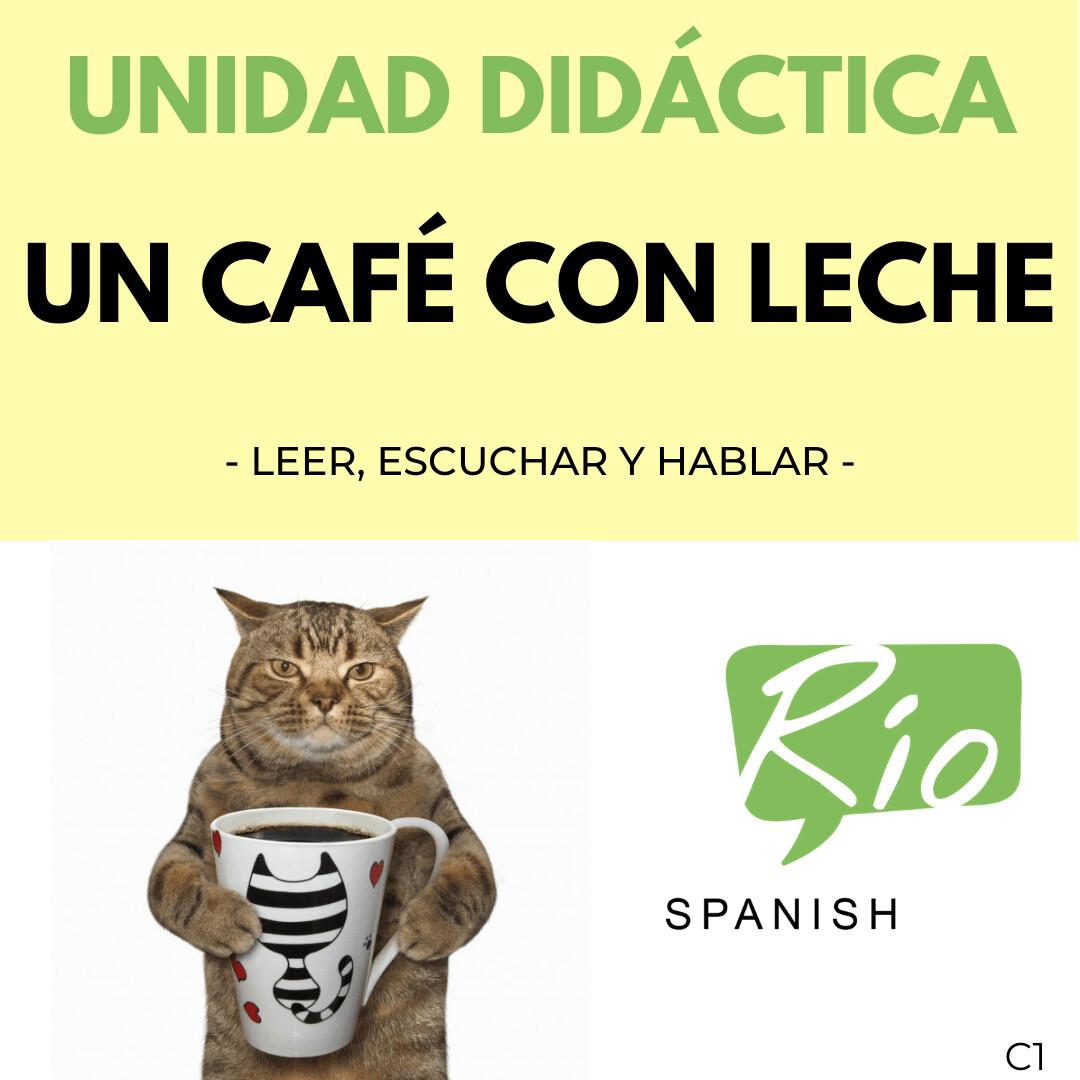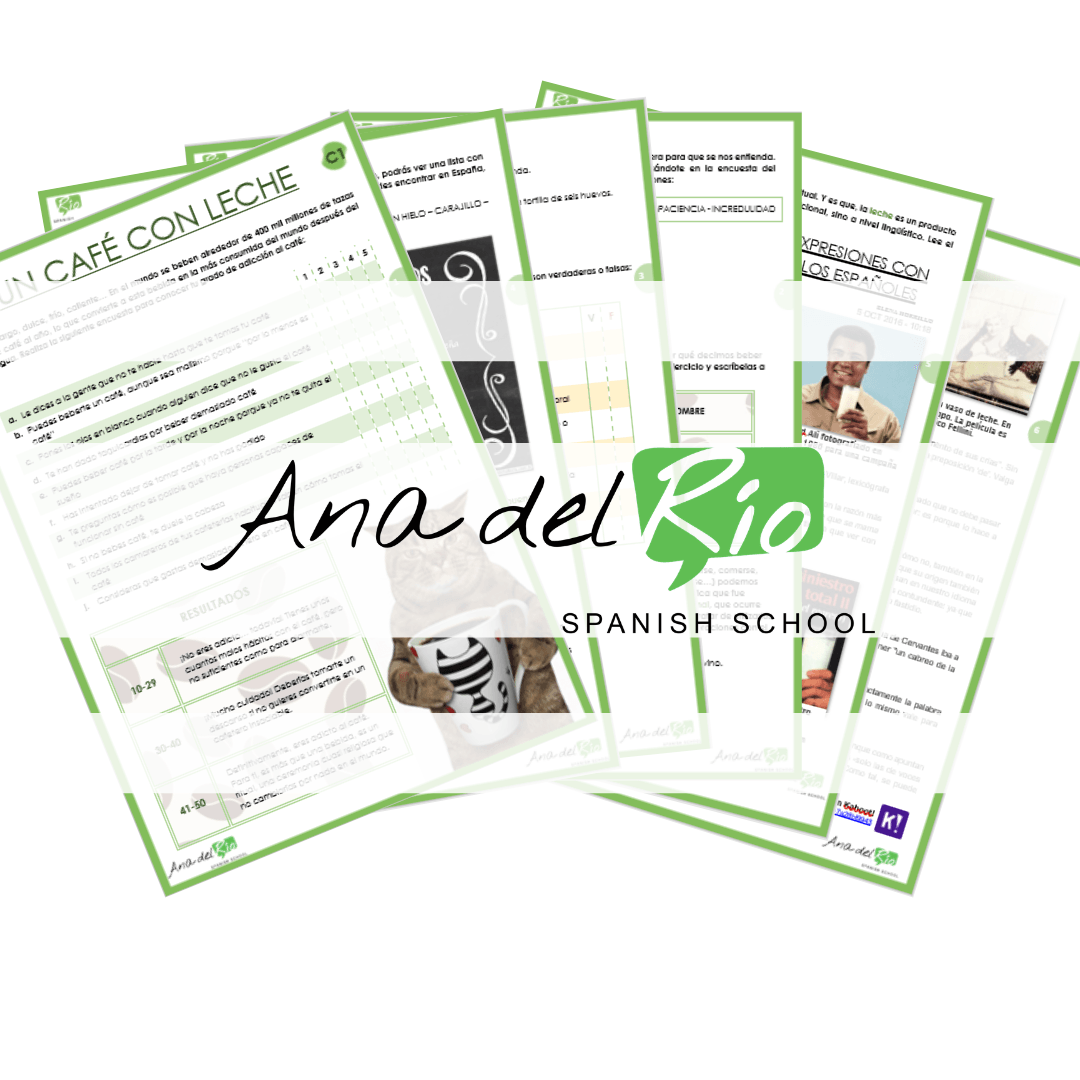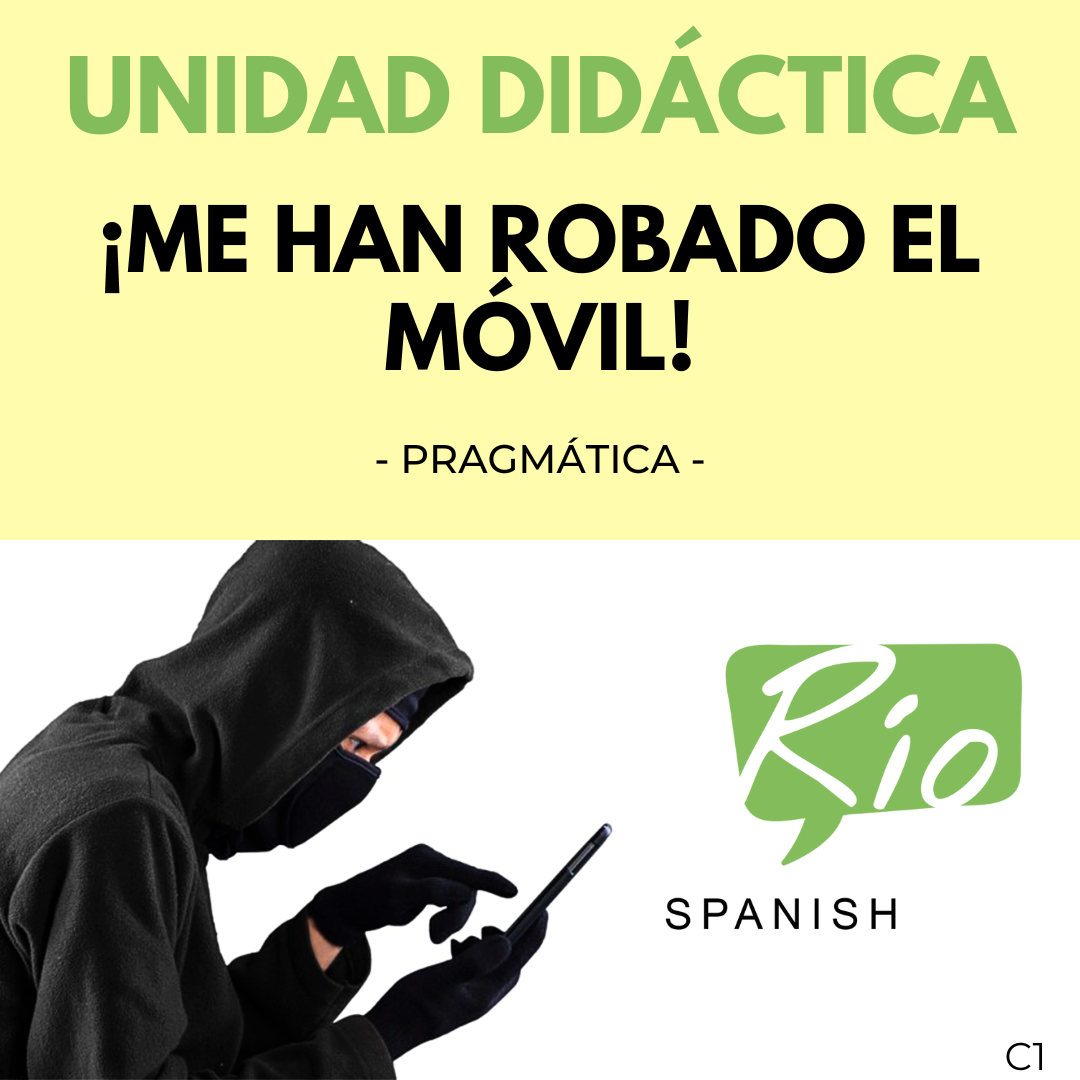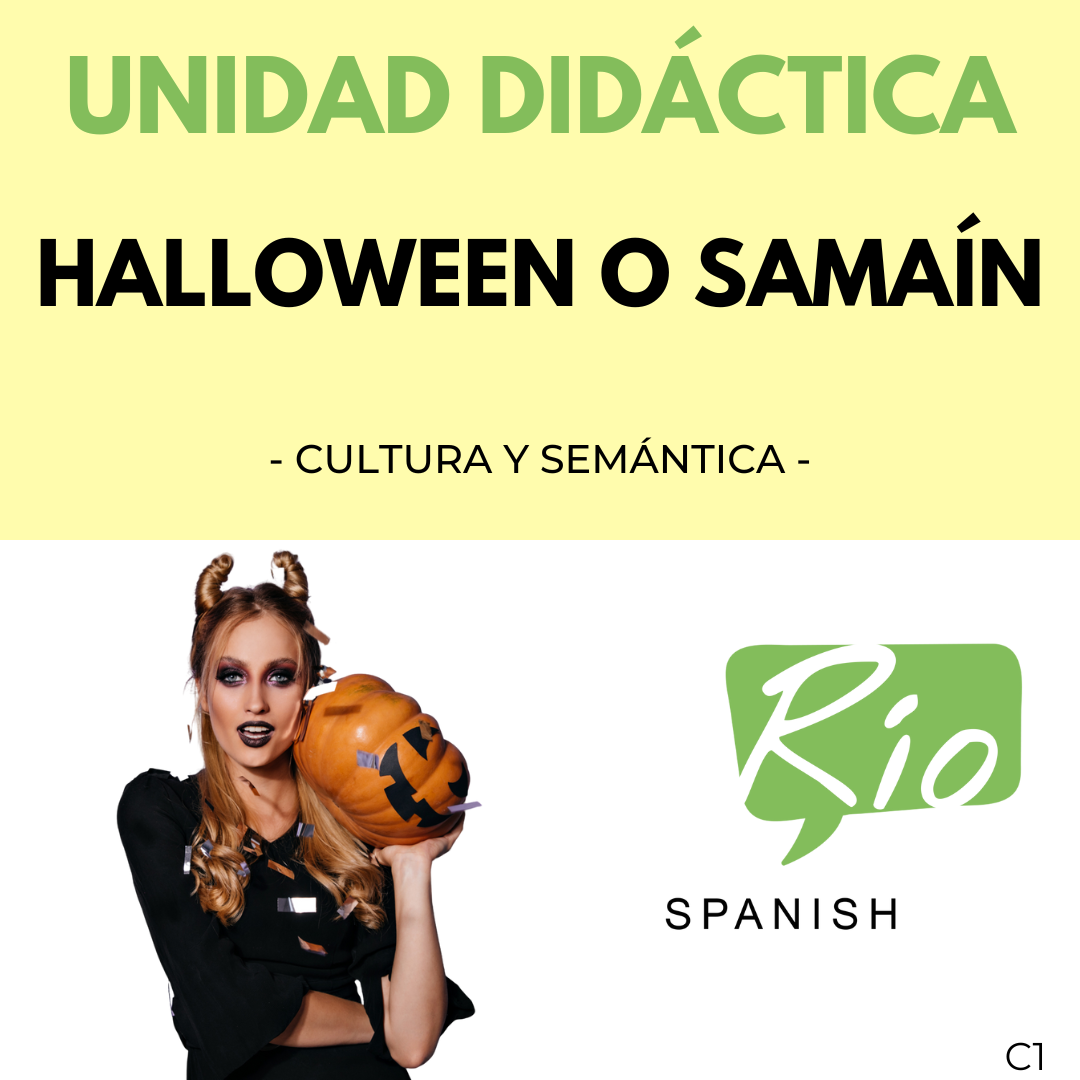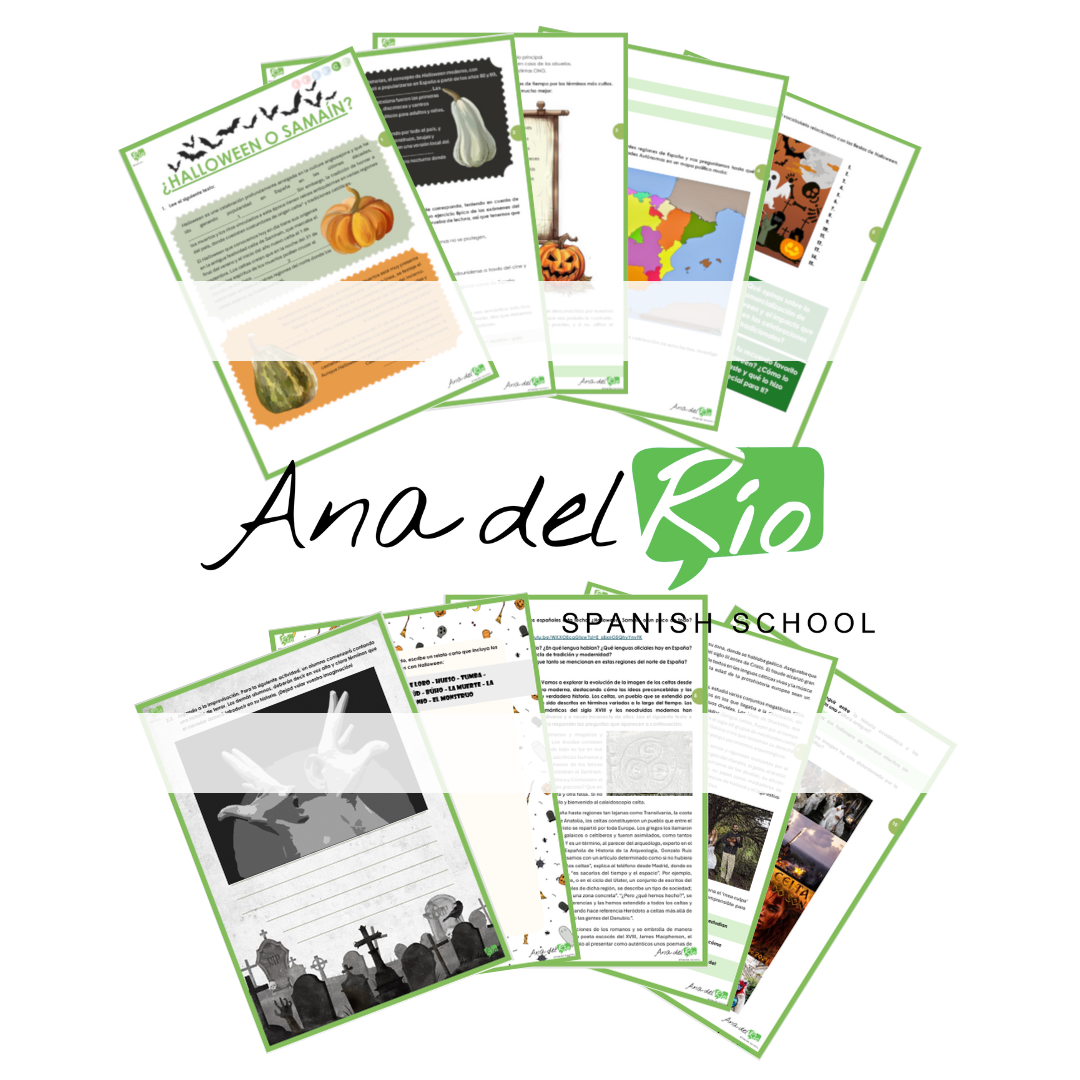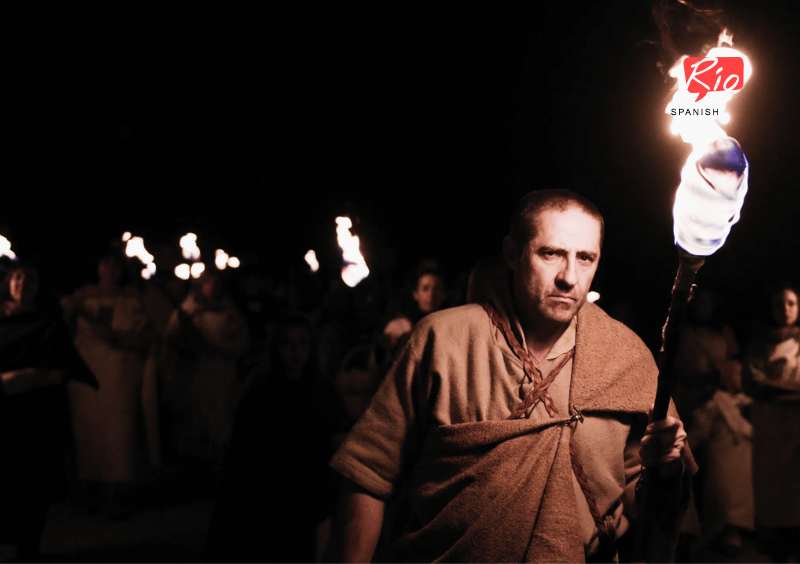22 noviembre 2021
Ana del Río
Who were the Three Wise Men?

How do we celebrate this festivity?
First, every kid must write a letter to the Three Wise Men asking for different presents and send it using the special letter boxes installed in the streets to that effect. And yes, Spanish kids have to wait to the 6th of January to received the Christmas presents.
Then, the festivity starts on 5th of January, when the Kings arrive to the cities and perform a splendid cavalcade. The Three Wise Men distribute candies and show their magnificence.
Click in the next picture to watch a video of the amazing cavalcade in Madrid:
Another tradition of the Night of the Kings is to leave one shoe of each member of the family under the tree, to facilitate the delivery of the presents. You also should leave some water and bread for the camels and a glass of champagne of liqueur for the Kings.
But careful, not every single child will receive a preset: those whose behavior wasn’t good during the year, will get a piece of coal. Nowadays, sugar coal is sold to trick on naughty children.
Parents will have to convince their children to go to sleep soon and next day, when they wake up, they will find the presents under the Christmas tree.
That morning is also known for the tradicional sweet called Roscón de Reyes: ring-shaped cake with sugar coated fruits that hides a figure for the good luck and a bean, that if you find, you will have to pay the whole pastry).

If you are a Spanish teacher and you want your students to get familiar with The Three Wise Men and the rest of our Christmas traditions , check out our lastest teaching material available in our shop:
.
Explore our shop to find many other teaching materials:









